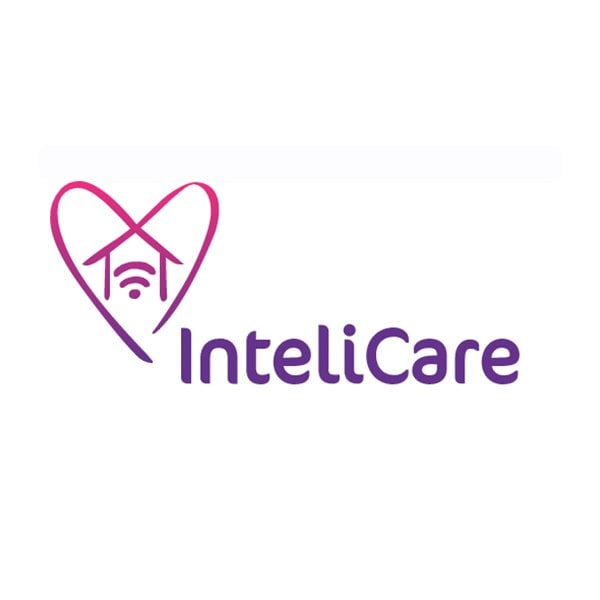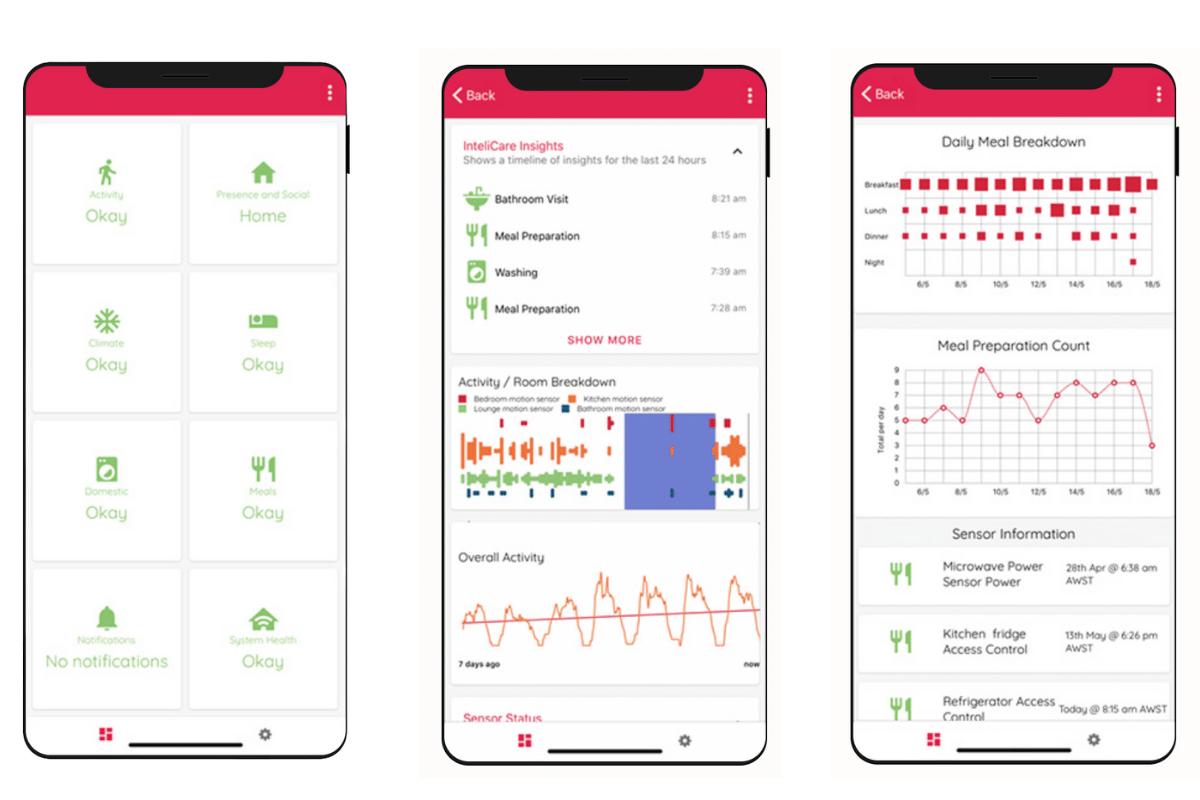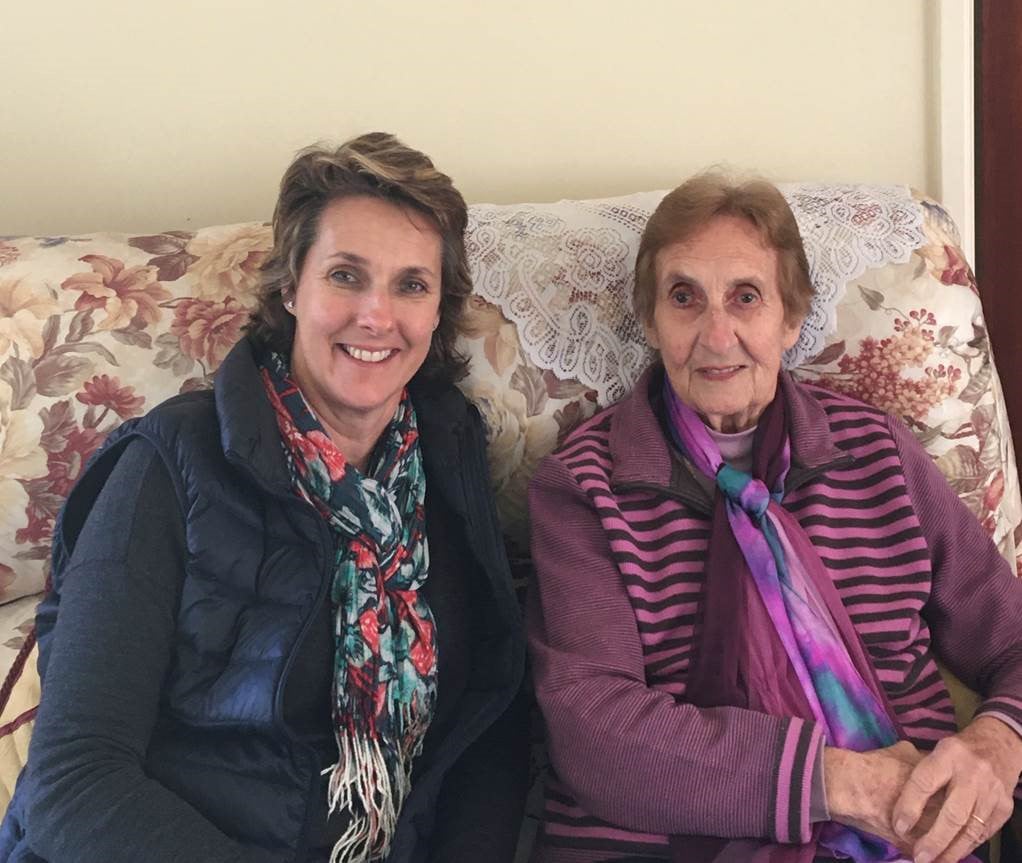

"Don’t worry, I won’t put you and Dad in a home."
That was what my 11-year-old daughter Ivy said to me when we left the nursing home where her grandmother, my husband’s mother, now lives.
At 95, she’s actually fit and healthy, but dementia as well as the subsequent physical frailty and memory loss has meant that she now needs full-time care.
It’s hard to explain to an 11-year-old the complexities of aged care.
Trying to articulate that most people aren’t in care because their families don’t want them. It’s that they are vulnerable and need to be safe.
What Ivy sees even in this particularly swanky aged care home is the sadness of people in out-of-home care.
"People are happier at home," Ivy smiled as she grabbed my hand. "I think I’ll keep you at home with me."
My 11-year-old is right.
People are happier at home, but age and disability can mean that many vulnerable people end up in residential aged care earlier than families would have hoped. To date there has been very few supports or systems available to keep people in their homes and to also keep them safe.
InteliCare is a new technology on the market designed to support people who are ageing or with a disability, and their families, who want to live independently.
InteliCare can be your in-house support worker, by monitoring your loved one's wellbeing 24/7 via an app. It is not obtrusive: there are no cameras, and no wiring needed; but instead discreet sensors throughout the house that gathers information on movement, activity levels, temperature and other factors, so you can monitor the safety of your loved one.



